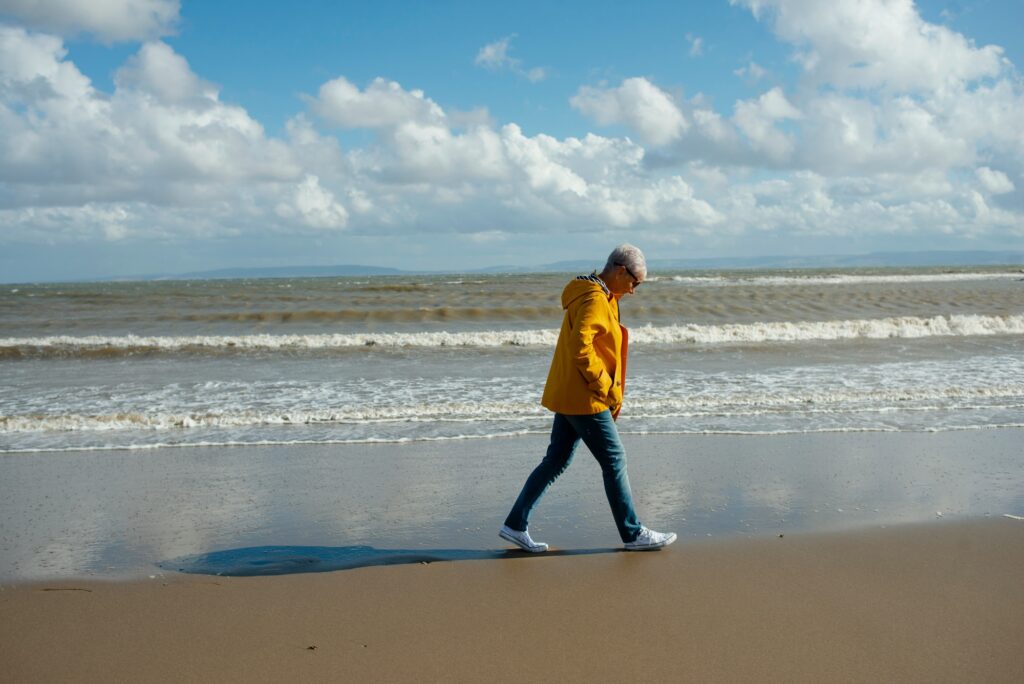Simon Harris argues we can build a new Welsh economy on the foundations of the old
The Welsh co-operative economy is part of a global movement. There are more than 800 million members of co-operatives in the world, which between them employ over 100 million people. In Wales it is estimated that there are 199 co-operative business with a turnover of £9 million and employing more 5,400 people. Enterprises include everything from farming co-operatives and credit unions to employee owned businesses and community co-operatives that run village shops and pubs.
The tide could be turning towards greater enthusiasm for looking at how things can be done differently in our economy. People not normally associated with a mutual way of thinking – in the private and public sectors and in government – are showing a growing interest in co-operatives and social enterprises.
| This is the first of a series of essays on ClickonWales this week exploring initiatives within the Welsh economy, environment, media, and politics. They are taken from Growing Wales’ Civil Society, published by the IWA earlier this year.
Tomorrow: John Richards on the growth of credit unions. |
Co-operatives, mutuals and social enterprises can help restore a balance between the drive for global economic growth and the needs of the real economy, of families and the community. In the face of the collapse of the old financial systems, there does exist a network of activity that can support a new mixed economy. It can contribute to a dynamic society by plugging the gaps left by those who seem to have lost sight of the real values of their existence. The co-operative and mutual sectors provide a sound base to restore public confidence in our financial services.
We should use these changing times to our advantage and not only consider what short term measures can be taken to tackle the recession, but also the longer term sustainability of our solutions. We must not simply consider more of the same. A new order can be built on an existing infrastructure. But if this is to happen we will need greater awareness, understanding and support.
Personal savings have been flowing into mutuals, including the Co-operative Bank and the Welsh Mutual Building Societies, and credit unions. This is because they operate a less risky financial model. They only lend their own members deposits and so are less exposed to the speculators. They focus on providing the services the end user needs – not a service they have no control over such as lending money on to third parties with no idea of their identity.
Whilst banks are underwritten by government to provide security, mutuals are more secure by design. We should encourage saving in credit unions and loans from credit unions which provide local solutions to local problems. In credit unions, mutuals and social lenders such as the Charity Bank and Co-operative and Community Finance, we have finance instruments that can support individuals and small businesses though loans, savings, debt advice and financial literacy.
Where small business is traditionally structured to focus on returns for the shareholder and will normally be driven by profit maximisation, a co-operative is able to focus on wider economic, social and environmental benefit. Co-operatives are local businesses providing local solutions.
Co-operatives and mutuals are accountable to their stakeholders and directly involve customers, the community and employees. As such, social ownership of this nature can ensure the business addresses the wider social and environmental issues that businesses should be addressing. They are the vehicles that can directly help grow Wales’s civil economy
We want to see more support for businesses that focus on improving performance in terms of a triple bottom line such as:
- Encouraging recruitment of the unemployed, the economically inactive and social disadvantaged.
- Engaging with volunteers to bring them into economic activity through work experience and training which can lead to employment.
- Promoting recycling to achieve financial returns as well as a better environment.
Lifestyle business may not be as attractive to investors as other growth sectors, but in supporting them, important local services can be maintained and, in times of economic downturn, the jobs are as important. If done properly the long term benefit resulting from existing businesses being better businesses can be as important as the short term crisis management we also have to consider.
Can we do more by taking a social investment approach to public services? By investing public spending into local business with wider social and environmental aims and policies, longer term financial gain can be achieved. Substantial social benefit can be gained where a local business with social aims, may purchase down the chain socially themselves which could mean more ethical food supply (fair trade), more local food supply (local farmers supported), local business services and more local employment. By focusing on contracting with better businesses and not just growing businesses, longer term gain can be achieved. Rural village stores and post offices are an obvious focus for co-operative ventures.
Can we reinvest some of the £4 billion Welsh public sector spend through procurement contracts that realistically and perhaps even selfishly (for Wales) deliver social clauses? The Wales Co-operative Centre is keen to develop co-operative consortia – bringing together small firms to deliver large projects. For example, in working with the new housing mutuals and therefore recognising a natural synergy, co-operative consortia can allow the SMEs that dominate the Welsh building sector to bid for the large contracts from the stock transfer bodies. Together with ensuring that there are social clauses in public sector contracts, this will help keep both employment and profits in Wales.
There should be increased support for employee ownership and employee control within business. Applying mutual thinking to business leads to local ownership, social well being, a focus on the community and family, environmental sustainability. All these are features of a well balanced, civil society and economy. With a clear focus on the economic bottom line mutual businesses can make a significant contribution to achieving long term sustainability of the Welsh economy.
There is some merit in the broad idea of David Cameron’s Big Society, although detail is lacking. The voluntary sector cannot simply pick up the delivery of public service. Without investment, communities cannot not achieve on their own.
More can be done to engage the citizen and communities and gain more involvement in setting local priorities, designing and delivering public service. But it has to be strategic, planned and deliverable –which means cash. With great pressure to return to old ways (are we already seeing evidence of this with the banks) and the worrying signs coming from Westminster on the austerity measures, will we be able to grow our civil society? In business we will have a better chance if we follow the route that has been marked out by our mutual and co-operative social enterprises.





